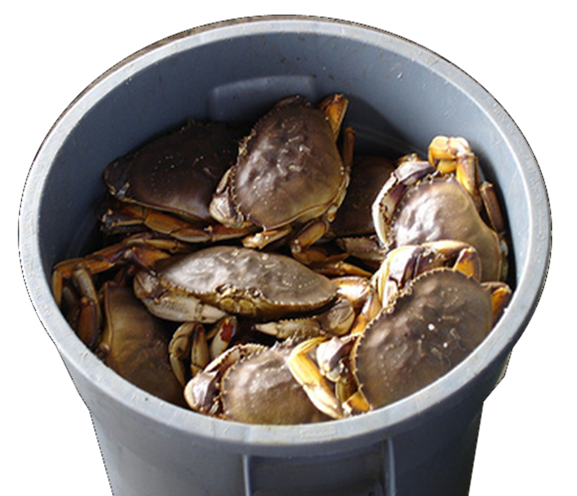
| Home | FAQs | Book Contents | Updates & News | Downloads |
Two economists in the University of Magdeburg reported an interesting experiment in 2008† they gave volunteers €10 then grouped them into pairs (that never met). They asked each person if they would be willing to give up €1 in order to take away €5 from the other person in the pair, in some variations 42% of the participants decided to exercise this offer. To me this is an astounding result, the "cost" of accepting is quite obvious (€1) and the "benefit" (coming out ahead of someone who you'll never meet) is both distasteful and irrelevant. I find it hard to imagine voluntarily spending money just to make someone else unhappy, I've met quite a few people who I suspect would do that, but I can't imagine doing it myself.
When you are in a "change management" project you, of course, have to be aware of the fact that most of the staff to be affected are not convinced yet that they need to change, and will almost certainly need to be better informed before they accept that modifying their own way of working is desirable. It is also common for different roles within an organisation to have goals that conflict with your aims, so you need to pay attention to the corporate benefit and proving that your overall results will more than justify any personal inconvenience. But, this experiment suggests that there is also a significant number of people would go out of their way to sabotage your efforts, even when doing so costs them time and effort.

I've occasionally seen actions that were apparently motivated by spite, but they tend to be rare in a business context. I suspect at least part of the reason we seldom witness blatant examples of this type of behaviour has to do with an element of the Magdeburg experiment that I skipped over. As I said, in some variations there was a 42% acceptance rate, this occurred when the subject was guaranteed complete anonymity. In some variants of the experiment, where the "choice to destroy" was publicly made, the rate fell to 0%, that is no-one was nasty when others were watching their decisions. In private, behind closed doors, 40% of the subjects would happily pay to see another suffer, but as soon as their decision had a chance to become well known they became models of cooperation.
In the Philippines it is said that you don't need to put a lid on a bucket full of crabs, even though each one, on its own, would easily be able to climb out and escape. When there are many in a bucket any crab that starts to get too far ahead is dragged back by the others in their attempt to escape. Those of us who think such behaviour (even in private) is totally reprehensible and self-defeating, need to be aware that not everyone thinks the same way. If the Magdeburg experiment is typical nearly half the people in any given room would pay to see others suffer. So when you're planning change make sure that the contributions of others (positive and negative) is widely recognised, if blockers feel they will inevitably be exposed to the light of publicity they won't be so ready to snipe.
† FEMM Working Paper No. 37 - "The pleasure of being nasty" by Abbink & Sadrieh
Article 21 |
Articles |
RSS Feed |
Updates |
Intro |
Book Contents |
All Figures |
Refs |
Downloads |
Links |
Purchase |
Contact Us |
Article 23 |